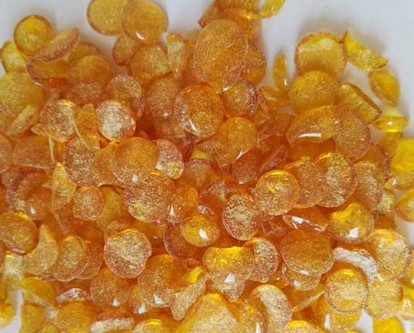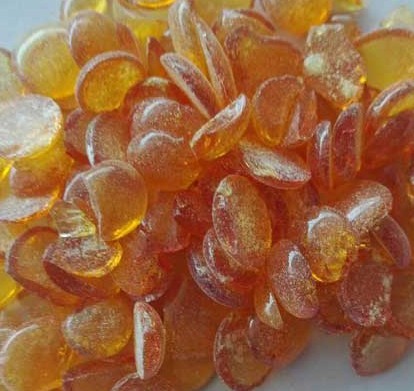
 Language
▼
Language
▼
More Language

In the chemical materials market, thermal polymerization petroleum resin is widely used as an important additive and raw material in various fields such as inks, coatings, adhesives, etc. Its unique thermal polymerization process and excellent performance make it highly favored in the market. Recently, with the continuous growth of market demand and increasingly fierce industry competition, multiple thermal polymerization petroleum resin manufacturers have begun to introduce their product pricing systems, aiming to provide consumers with more transparent and reasonable purchasing references. So, what is the these thermal polymerization petroleum resin price? What are the influencing factors behind it?

The price of thermal polymerization petroleum resin varies due to various factors such as manufacturer, model, specifications, and market supply and demand. Generally speaking, its price range is between 4800 yuan/ton and 8000 yuan/ton. For example, the 9 # thermal polymerization petroleum resin price from some manufacturers may be 5800 yuan/ton, while the 18 # thermal polymerization petroleum resin price may be 4800 yuan/ton. In addition, there are also some manufacturers whose hot-melt C9 petroleum resin prices range from 7000 yuan/ton to 8000 yuan/ton.
4. Brand and Quality: Well known brands and high-quality products often have higher prices because they adopt stricter quality control and more advanced technology in the production process.

 Address:Linzi District,Zibo City,Shandong Province
Address:Linzi District,Zibo City,Shandong Province E-mail:wanbang@wanbangresin.com
E-mail:wanbang@wanbangresin.com WhatsApp:+8615053337101
WhatsApp:+8615053337101
China C5 hydrogenated petroleum resin supplier : Shangdong Wanbang New Materials Co., Ltd.
C5 hydrocarbon resin manufacturer has a wide range of applications, high quality, low price, and multiple uses.Welcome to consult.